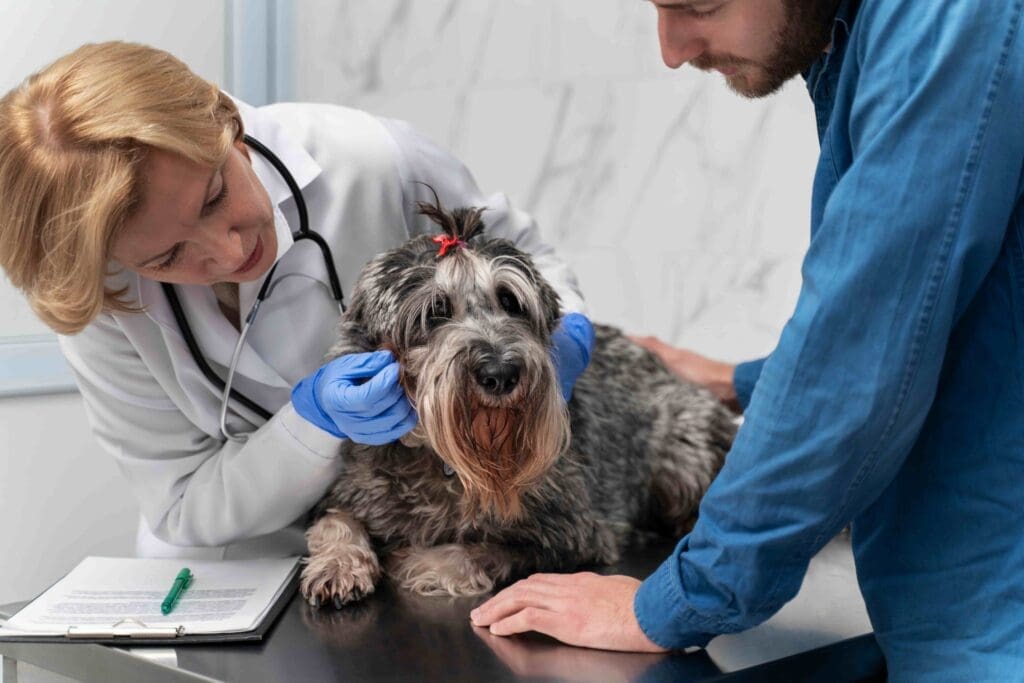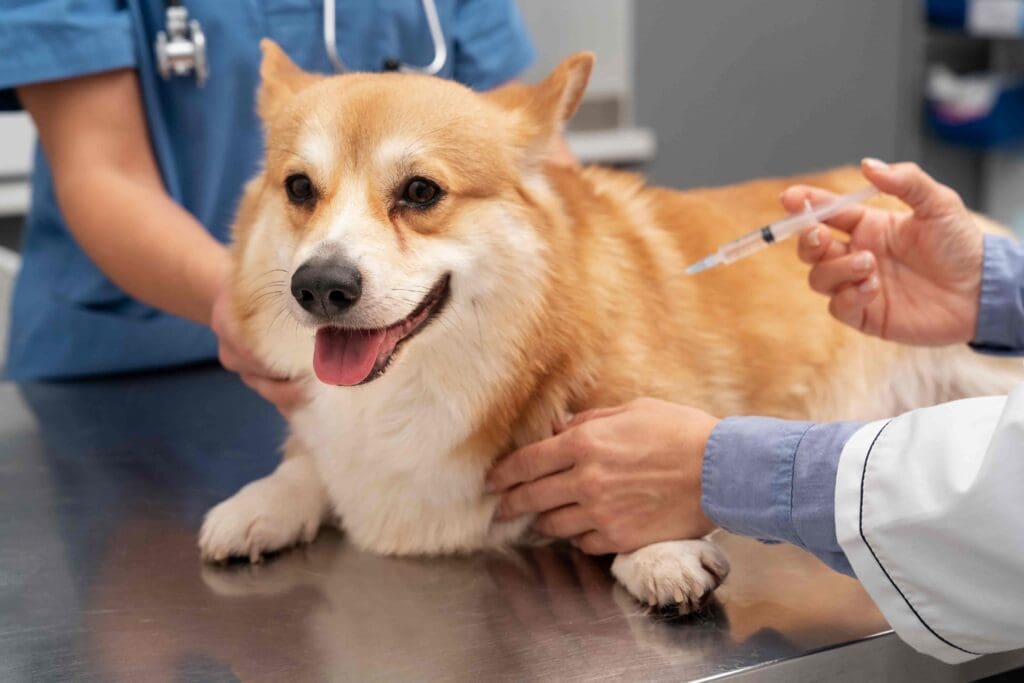65 Dog Insurance FAQs
Here you will find brief and informative answers to all the commonly asked dog insurance FAQs.
Table of Contents
ToggleBasic information about pet insurance

Q. What is pet insurance?
Q. What is the difference between human and pet insurance?
Q. What are basic pet insurance options available?
Q. Why do I need pet insurance?
Q. Can pet insurance be transferred if ownership is changed?
Q. What are the common exclusions in dog insurance?
Pet Insurance Coverage Options


Q. What does pet insurance cover?
Q. Are hereditary conditions covered in pet insurance?
Q. What is routine and wellness coverage?
Q. How does accident-only coverage work?
Q. Is dental treatment covered in pet insurance?
Q. Are chronic diseases covered in pet insurance?
Q. Is pet insurance available for a dog with a known health problem?
Q. What alternative treatments are covered in dog insurance?
Q. What is a dog wellness plan?
Q. What is emergency coverage for dogs in pet insurance?
Q. Should I opt for a comprehensive dog insurance plan?
Q. Does pet insurance cover diabetes?
Cost of Pet Insurance


Q. How is pet insurance cost calculated?
Q. Are there discounts available for insuring multiple pets?
Q. What impact do deductibles and co-payments have on my policy?
Q. What is reimbursement and how does it work in pet insurance?
Q. What is the per-condition limit on pet insurance?
Pet Insurance and Claims
Q. What is the process to claim for dog insurance?
Q. How long does the pet insurance claim take?
Q. Do you get money from pet insurance?
Q. What is the eligibility criteria for reimbursement?
Q. What are the documentation needed for filing a pet insurance claim?
Q. How many claims can I make to the pet insurance company?
Choose the best pet insurance for your dog


Q. How to compare various pet insurance companies?
Q. Where can I read authentic reviews for pet insurance companies?
Q. Who are the 5 best worldwide pet insurance companies?
Q. Am I allowed to change my pet insurance plan or company?
Q. How do I know what’s included in my pet’s policy?
Pet Insurance and Veterinary



